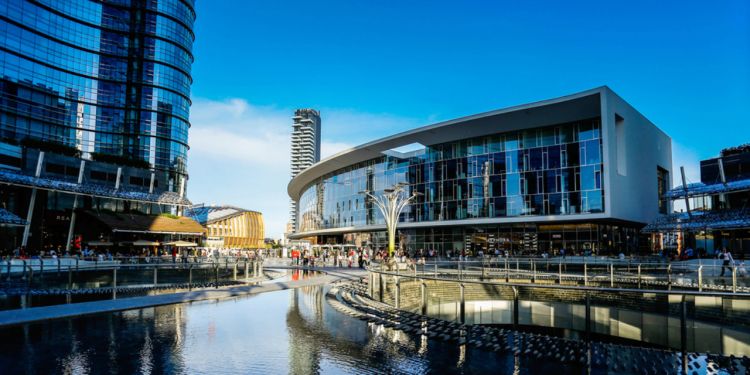The Italian labour market

Rich in history, culture, and good food, it's no surprise that every year thousands of visitors decide to pack up to relocate to this beautiful boot-shaped peninsula. However, unless you plan to retire, study, or travel in Italy, you are probably going to want to look for a job to support yourself. Before you make your decision to move, it's important that you understand the economic climate and the labour market in Italy.
Background
True, Italy has the eighth largest economy in the world, but it was hit hard by the global financial crisis and, even today, it has one of the highest levels of public debt in Europe. Currently, unemployment figures stand at 9.8% of the general population, and 29.3% of the unemployed are young people (January 2020 figures from ISTATS), which means that competition for work is fierce.
That does not mean to say you won't be able to find work in Italy. Since the Jobs Act was introduced in March 2015, the Italian labour market has evolved considerably. Thanks to this enactment, there is now a better balance between rights of labour and employers, and issues such as pensions, unemployment benefits, fixed-term employment (which was previously restricted), and the power to change duties and demote have given greater flexibility to a previously rigid market. This helped to close the gap between Italy and its European counterparts, and made it more equitable and attractive for both local and international investors.
Where to find opportunities in Italy
Aided with a strong command of the Italian language as well as their mother tongue and any other foreign language, international workers with the right combination of skills, qualifications, and experience will be able to find opportunities in Italy.
The economy is heavily service-based, with the tertiary sector making up around 75% of its GDP. Italy's main recruiting sectors are engineering, technical, catering, teaching, administration, information and communication technology, management, accounting, customer care, and tourism.
Larger towns and cities in the North are dominated by the industry and well-known for their abundance of private businesses ' many ambitious graduates from the South head here to work in the services sector (finance, retail, and transport) or to work in industry (luxury items like cars, fashion, and furniture are particularly plentiful). The South relies heavily on agriculture and, increasingly, tourism.
Most jobs are found in big cities in the North - Milan, Florence, Genoa, Rome, and Turin - though temporary and casual work in tourism is easier to find than permanent long-term contracts in industry. Experts and specialists in the technology and engineering sectors are also particularly sought-after, as thousands of the country's brightest move abroad each year to work, leaving huge gaps in the sectors.
How to find work in Italy
The classified pages of most Italian local papers like La Stampa will include job vacancies, but it's worth checking online and sending speculative applications ahead of moving. Some useful websites include:
For more details, refer to our guide, which details useful websites, recruitment agencies, and helpful tips on how to find a job in Italy.
Good to know:
In Italy, a huge emphasis is placed on a healthy work/life balance. Employees are legally entitled to work for a maximum of 40 hours per week, and they are also entitled to four weeks paid annual leave and 11 public bank holidays. For more information on working conditions in Italy, head to our guide to working in Italy or our specific pages with dedicated advice on working in certain cities.
Useful links:









